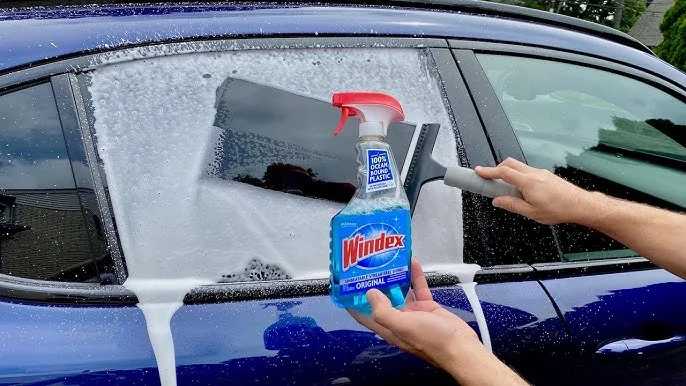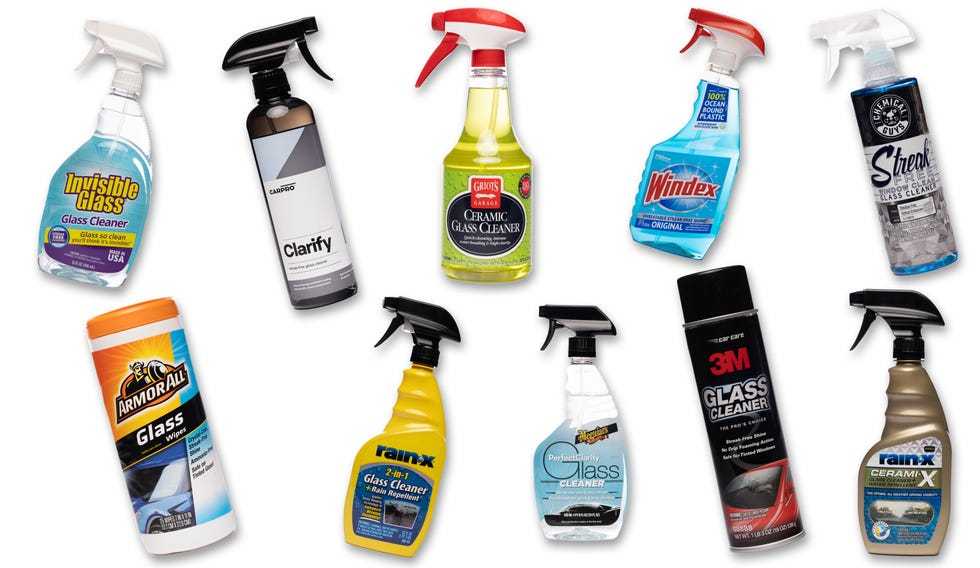Yes, car glass can break from heat, especially if it’s already weakened or damaged. High temperatures cause the glass to expand, which can lead to fractures or shattering if the glass isn’t intact or has existing flaws. Sudden temperature changes, like pouring cold water on a hot windshield, can also contribute to breakage.
In short, yes, car glass can break from heat, but it usually happens under specific conditions such as prolonged exposure to intense sunlight or rapid temperature shifts. Understanding how heat affects car glass can help preven damage and ensure safety on the road. Keep reading to learn more about how heat impacts your car’s glass and ways to protect it during hot weather.
Can Car Glass Break from Heat? Understanding the Risks and Causes
Many drivers wonder if intense heat can cause their car windows to break unexpectedly. While it is not always common, high temperatures do have the potential to weaken car glass over time. Knowing how heat affects your vehicle’s windows can help you prevent accidents and maintain safety. This section will explore the connection between heat and car glass, explaining whether heat alone can cause breakage.
How Car Glass Is Made and Its Resistance to Heat
Car glass, especially the windshield, is typically made from laminated safety glass. It consists of two layers of glass bonded with a plastic layer called polyvinyl butyral. This construction helps the glass withstand impacts and resist shattering. It also provides some protection against heat, but only within certain limits.
Tempered glass, used in side and rear windows, is designed to break into small, less dangerous pieces when shattered. While heat does impact glass, these types are built to endure daily temperature changes without breaking. However, extreme heat can still weaken these materials over time or cause stress cracks.
Can Heat Alone Cause Car Glass to Break?
In most cases, heat by itself does not cause car glass to shatter abruptly. Modern automotive glass materials are engineered to resist high temperatures. However, prolonged exposure to intense heat may weaken the glass’s internal structure. This can lead to cracking or breaking if combined with other factors.
For example, leaving your car parked under the sun for many hours can increase internal temperature and stress on the glass. If there are existing minor chips or cracks, the heat can cause them to expand or worsen, potentially leading to breakage.
Factors That Make Car Glass More Vulnerable to Heat Damage
Pre-existing Damage and Weaknesses
Cracks, chips, or scratches on the glass create weak points. When exposed to heat, these imperfections can spread, leading to larger cracks or shattering. It’s essential to repair minor damages promptly to prevent heat-induced breakage.
Extreme Temperature Fluctuations
Rapid changes from cold to hot or vice versa can stress the glass. For example, pouring hot water on a cold windshield can cause it to crack. Sudden shifts in temperature induce internal stress, increasing the risk of breakage.
Sunlight and High Temperatures
Car interiors can reach over 150 degrees Fahrenheit on a hot day. This intense heat can stress the glass, especially if the vehicle has dark interiors absorbing more heat. Over time, this stress may contribute to structural weakening.
How Heat Causes Stress and Damage to Car Glass
Thermal Expansion
Glass expands when heated and contracts when cooled. Uneven heating, such as a shaded side versus a sunny side, causes internal stress. Persistent uneven expansion can lead to cracks or breakage.
Internal Stress Accumulation
Repeated exposure to high temperatures can cause microfractures inside the glass. These microscopic cracks gradually weaken the material’s integrity, making it more susceptible to shattering from minor impacts.
Preventing Heat-Related Breakages in Car Glass
- Park in shaded areas or use sunshades to reduce interior temperatures
- Avoid pouring hot liquids directly onto cold glass surfaces
- Address any chips or cracks as soon as possible with professional repairs
- Install window tinting to block UV rays and reduce internal heat buildup
- Check for any existing damage regularly, especially before hot weather
Signs That Your Car Glass Might Be Weakened by Heat
If you notice small cracks, chips, or star-shaped fractures, these might be signs of heat-related stress. Unusual noises when driving over bumps could also indicate that the glass is weakening. It is advisable to have a professional inspect your windows if you suspect damage.
Comparing Heat Impact on Different Types of Car Glass
| Glass Type | Heat Resistance Level | Common Risks |
|---|---|---|
| Laminated Windshield | High | Cracks from impacts or prolonged sun exposure can weaken it |
| Tempered Side & Rear Windows | Moderate to High | Stress cracks from uneven heat distribution |
Mitigating Risks: What Car Manufacturers Do
Many vehicles are built with heat-resistant glass to withstand fluctuating temperatures. Manufacturers also use UV coatings and tints to protect the glass and interior from heat damage. Regular inspections and maintenance help ensure the longevity of your vehicle’s glass components.
While car glass is designed to resist heat, extreme or prolonged exposure can lead to weakening and potential breakage, especially if the glass already has minor damage. Protecting your vehicle from direct sunlight, addressing any existing chips or cracks, and avoiding rapid temperature changes are effective ways to prevent heat-related damage. By understanding how heat interacts with your car’s windows, you can better safeguard your vehicle and ensure safe driving conditions.
Extreme heat shattering car windows
Frequently Asked Questions
Can sudden temperature changes cause car glass to crack?
Yes, rapid shifts in temperature, such as pouring hot water on cold glass or exposing the glass to extreme heat after a cold start, can cause tension within the glass and lead to cracking. This is especially true if there are existing chips or weaknesses in the glass, which can act as stress points during temperature fluctuations.
How does prolonged exposure to intense sunlight affect car glass?
Extended exposure to direct sunlight can increase the temperature of your car’s glass significantly. Over time, this heat can weaken the glass material, making it more susceptible to stress and potential cracking, particularly if the glass has pre-existing damage or is already under stress from other factors.
Is it safe to park a car in the sun with a cracked windshield?
Parking in the sun with a cracked windshield can worsen the damage due to the heat buildup, which expands existing cracks. It can also compromise the integrity of the glass, increasing the risk of the crack spreading and potentially leading to complete glass failure, which compromises driver safety.
Can using a defroster or heater impact the integrity of car glass?
Using the defroster or heater may raise the temperature of your windshield unevenly, especially if the glass is already compromised. Rapid heating can induce stress and may cause small cracks to grow or new cracks to form, particularly around existing flaws or chips.
What precautions should I take to prevent heat-related damage to my car glass?
To protect your car glass from heat damage, avoid parking in direct sunlight for extended periods or use sunshades. When cleaning, avoid pouring hot water on cold glass, and consider tinted windows to reduce heat buildup. Regular inspections can help detect and address small issues before they develop into larger cracks due to heat stress.
Final Thoughts
Car glass can break from heat, especially when exposed to extreme temperatures for extended periods. Intense sunlight can cause the glass to expand, increasing stress and possibly leading to cracks or shattering.
Regularly parking in shaded areas or using sunshades helps protect your windshield from excessive heat. If you notice any small chips or cracks, address them promptly to prevent worsening under high temperatures.
Can car glass break from heat? Yes, it can, if the glass has existing weaknesses or is subjected to severe conditions. Taking precautions can greatly reduce the risk of damage and keep your vehicle safe.



